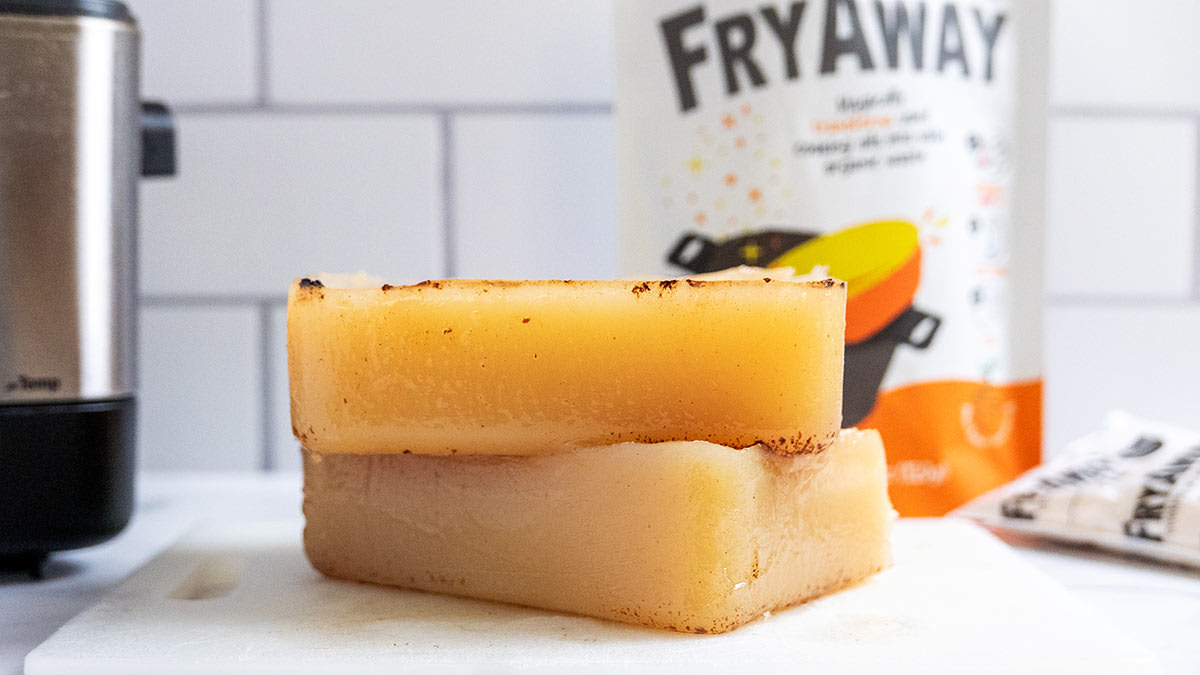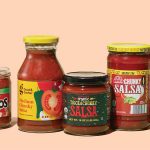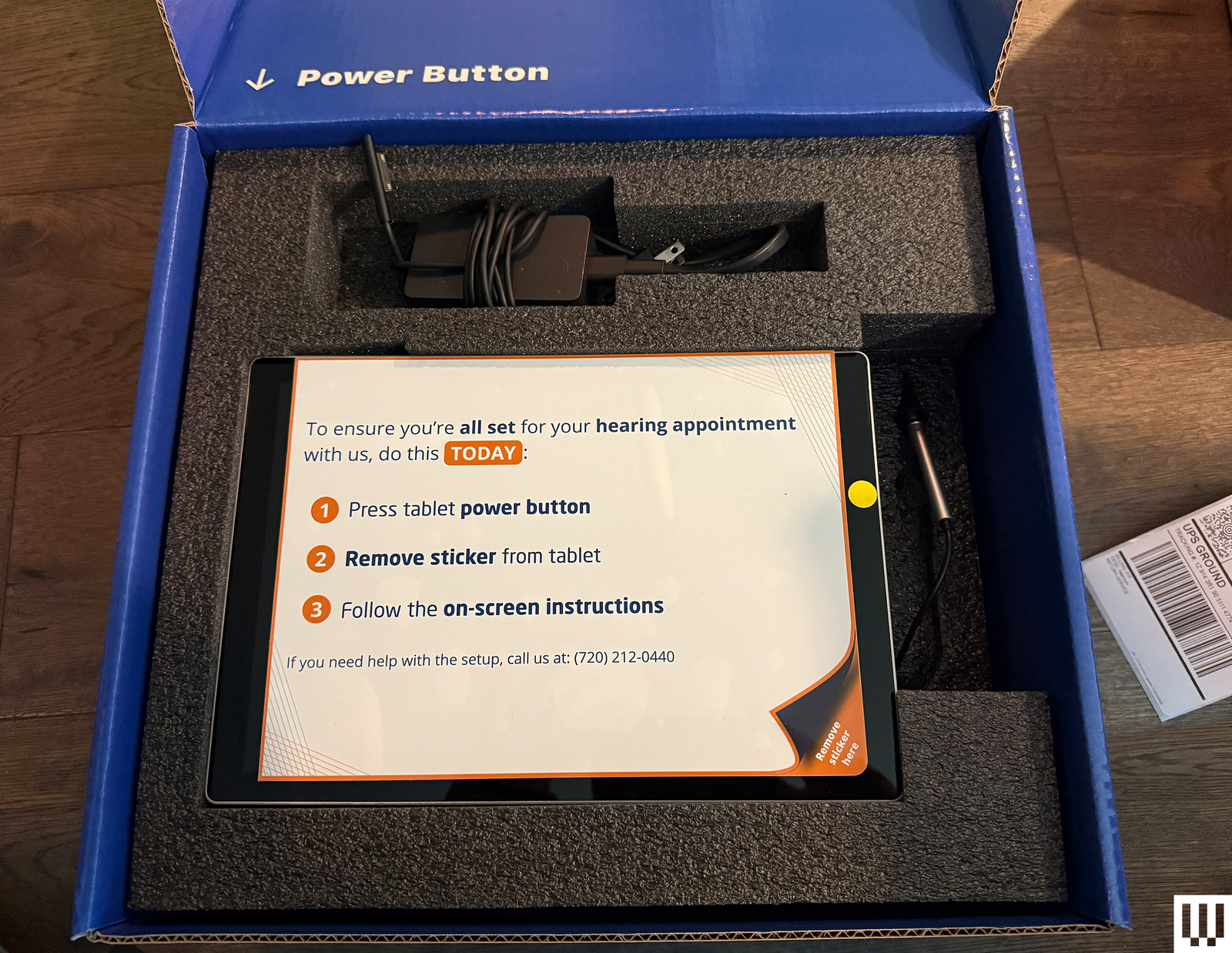
Fats, oils, and grease (what the waste industry refers to as FOG) are the bane of any plumber’s or water treatment worker’s existence. And “the more unwanted waste we can keep out of waterways, the fewer contaminants for our wastewater and drinking water treatment facilities to clean out of waters we use for drinking and recreational activities like fishing or swimming,” says Shanika Whitehurst, CR’s associate director of product sustainability, research, and testing.
FOGs might start out in a liquid state, but the materials can congeal and eventually cause clogs farther downstream. Rebecca Shelton, a water and wastewater engineer in the Atlanta metro area, says that in many areas of the U.S., grease causes up to 65 percent of sewer overflows.
The alternative is often pouring FOGs into a container, like a used plastic tub or zipper bag, and tossing it in a trash can. This is much better than adding them to wastewater, but trashing FOGs has a few of its own drawbacks. Plastic containers can break, causing a slippery, smelly mess, either for you or your garbage collector. And if it’s the plastic you’re concerned about, it’s most likely going to end up in a landfill anyway, so you’re not necessarily doing the planet any good by saving it for recycling.
“I’d rather have the oil loose and not in a container, because then the microbial population can get a hold of it as an energy source and convert it to methane, which is captured in most of these landfills and converted into renewable energy,” says Jason White, founder and CEO of Lee Enterprises Consulting, a bio-economy consulting group.
In this case, using FryAway or similar products to discard your used cooking oil is actually better for the environment—and everyone involved, for that matter. Solidified oil is more convenient for home cooks to discard, remains gelatinized during garbage collection, and gives microbes something to chomp on. Once the oil hits the landfill, it might reach temperatures that will reliquefy it, but at that point, it’s fine.
The ideal way to discard your old oils, White says, isn’t yet available to most people, and that’s curbside oil pickup and recycling. Instead of going to a landfill, your used cooking oil could be turned into biodiesel fuel. “We often don’t see long-term solutions as well as we should, and focus too prominently on short-term fixes,” White says. “The key is for the voters to tell their elected officials what’s important to them.”









